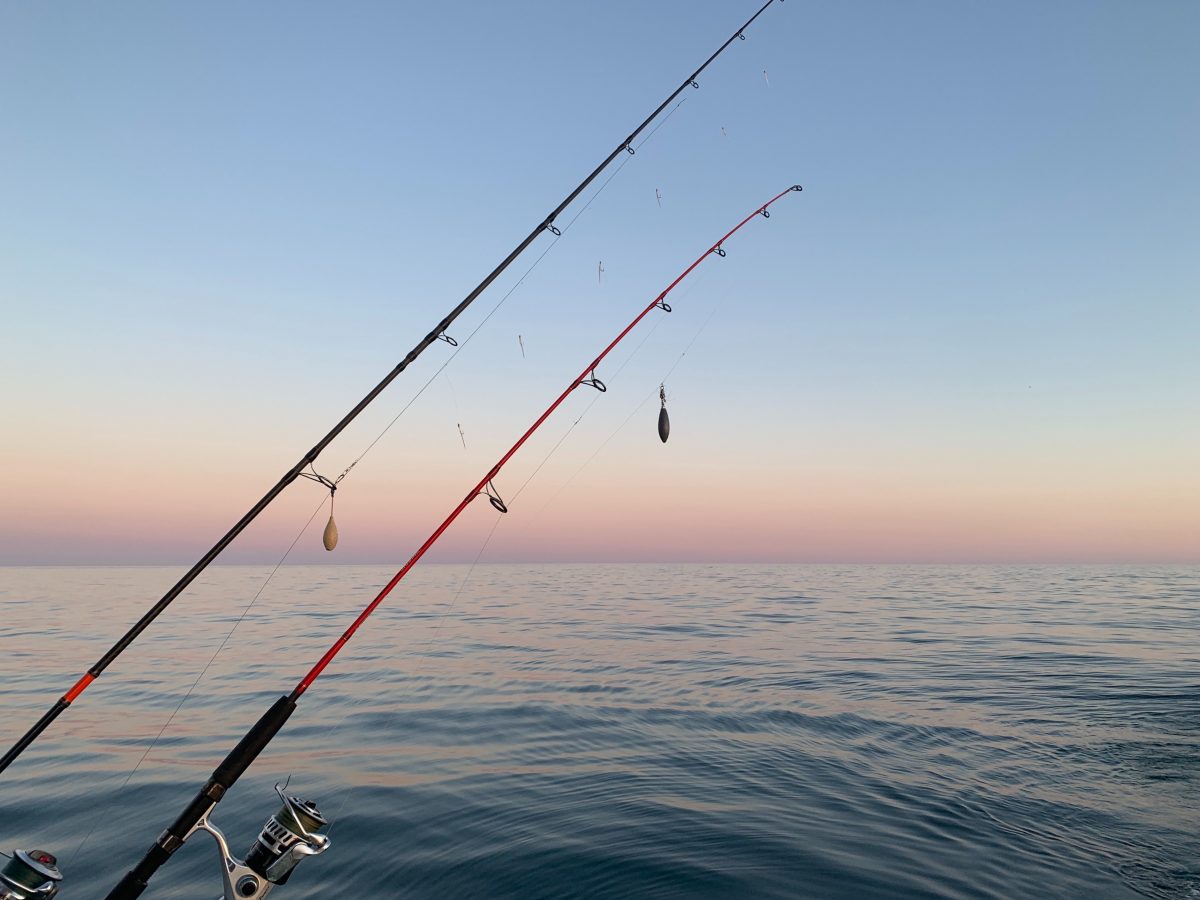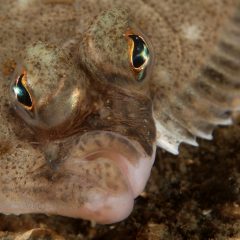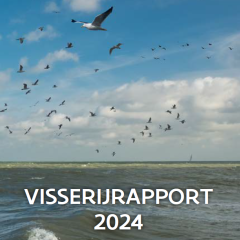Research project Monitoring recreational sea fisheries in Belgium

General introduction
How does recreational fishing in Belgium evolve from year to year? What is the biological, economic and technical situation of the recreational fisheries? The objective is to use data collection techniques, specifically aimed at recreational fisheries, to develop a good estimate of the size of the recreational fisheries in Belgium, the possible consequences of fisheries management on the fish stocks, the social and economic impact on the coastal community and the environment. . This ILVO study is part of the European fisheries policy, monitoring for the Marine Strategy Framework Directive and the OSPAR guideline. At the same time, recreational fisheries itself has an interest in objective data: the sector wishes to be recognized (more) as a fully-fledged user of space at sea and within policy processes. There is a demand for tailor-made legislation that is more consistent with reality. Finally, communication about the amount of fish caught could be made clearer.
Research approach
A reliable and robust data collection about the recreational fishing sector requires a combination of techniques and careful calculation and estimation. We make a random sample of counts and observations on the beach / at the piers and on the other hand we conduct surveys at sea with the research vessel 'Simon Stevin'. We monitor from the air with an airplane or by drone. Based on all this data, we map the evolution of recreational fishing. Transparency is central to the data collection process. That is why everyone is given the opportunity to consult the monitoring activities and the resulting data in real time using interactive graphs and map material. We place these on the website Recreatieve zeevisserij.
Relevance/Valorization
The collected scientific data and trends are primarily useful for the recreational sector itself and for the (correct) communication they wish to conduct to society and policy. In addition, the researchers comply with an EU obligation with this project: both the advice of the Common Fisheries Policy and the follow-up of the Marine Strategy Framework Directive (MSFD) is done for all EU Member States and fisheries mainly via ICES (biological advice) and via STECF (advisory body of the European Commission with regard to fisheries). Recreational fishing must be monitored for no fewer than three different areas: fishing, marine spatial management and OSPAR. That is why the monitoring takes place as a collaboration between ILVO, FPS Environment and VLIZ. The collected data therefore ends up - through this collaboration - in both national and international reports (eg ICES, OSPAR). We expect our results to offer more guidance for substantiated management of the Belgian fisheries sector and for well-considered marine spatial management.








